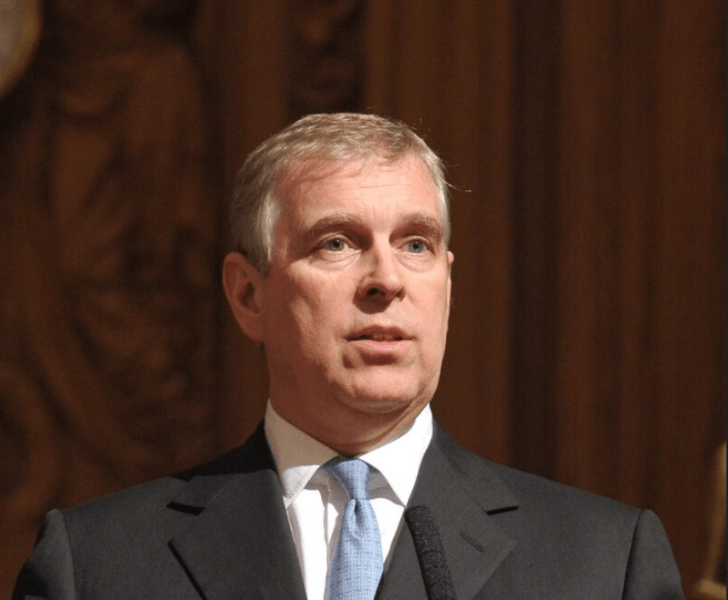
LONDON — When King Charles III confirmed that his younger brother, Prince Andrew, would be permanently stripped of his remaining royal titles and privileges, Buckingham Palace framed it as an overdue but necessary act of institutional self-correction. Yet beyond royal protocol, the decision reverberates across parliaments, public discourse, and Commonwealth capitals — reopening questions about accountability, privilege, and the monarchy’s relevance in the modern democratic order.
In the United Kingdom, the scandal surrounding Prince Andrew — long shadowed by his association with convicted sex offender Jeffrey Epstein — has evolved from a personal disgrace into a constitutional dilemma. Members of Parliament from multiple parties have called for formal legislation to codify how royal titles can be removed, a move unprecedented in Britain’s modern history.
For King Charles, the decision was both symbolic and strategic. As the monarchy grapples with waning public trust, the removal of Andrew’s titles signals a bid to protect the institution from contagion — a recalibration aimed at preserving the Crown’s moral legitimacy.
But in Westminster, the episode has sparked a more uncomfortable conversation: how much power should the monarchy still wield in a 21st-century democracy? Constitutional scholars note that while the monarchy’s role is largely ceremonial, its privileges remain intertwined with public resources — from estate holdings to taxpayer-funded security.
“This isn’t only about Andrew,” one political historian told The Vanguard Report. “It’s about the institution’s future in a society that increasingly equates unearned privilege with unaccountability.”
In the United States, where the Epstein scandal continues to haunt elite networks, the latest chapter in Prince Andrew’s downfall has rekindled a transatlantic conversation about power, justice, and immunity.
American media has once again spotlighted Andrew’s ill-fated 2019 BBC interview — the one that effectively ended his public life — contrasting it with the lack of criminal accountability that followed. The narrative plays neatly into America’s populist mood, where anti-elitist sentiment remains politically potent.
Diplomatically, the scandal strains the monarchy’s carefully cultivated image abroad. The royal family has long been a soft-power asset for the UK, shaping perceptions in Washington, New York, and Los Angeles — places where monarchy still carries a cultural mystique. That veneer, however, has begun to fade.
“The U.S. once viewed the British monarchy with fascination,” noted a U.S.-based political analyst. “Now it’s increasingly viewed through the same lens as Wall Street or Washington — as an institution of privilege, not principle.”
The ripple effects extend far beyond London and Washington. Within the Commonwealth — a political network of 56 nations tied by historical allegiance to the British Crown — the scandal has reignited republican movements already simmering across the Caribbean and the Pacific.
Barbados cut ties with the monarchy in 2021. Jamaica, Antigua and Barbuda, and Belize have each signaled plans for referendums to follow suit. For these nations, Prince Andrew’s disgrace reinforces a long-standing argument: that the monarchy’s moral authority no longer aligns with modern, independent governance.
The optics are increasingly untenable. At a time when Britain seeks to reaffirm its post-Brexit global influence, the idea of a monarchy in moral retreat risks undercutting one of its most enduring diplomatic tools — soft power through symbolism.
Political observers suggest that the Commonwealth’s younger members, particularly in Africa and the Caribbean, are likely to use this moment to demand structural reform — or even withdrawal — from the royal association altogether.
King Charles’s decision, though framed as a moral necessity, also reflects a strategic modernization campaign within the royal institution. The aim: to preserve the monarchy’s legitimacy by pruning away its most controversial branches.
But such reforms may prove too late for a generation of Britons — and Commonwealth citizens — skeptical of hereditary institutions. Polls indicate that support for the monarchy among young people in the UK has fallen below 30 percent, the lowest in recorded history.
If Andrew’s fall symbolizes anything, it is the fragile balance between continuity and change — between the ceremonial gravitas of the Crown and the democratic demands of the 21st century.
Prince Andrew’s story is not simply one of individual disgrace. It is a reflection of the global reckoning with power itself — inherited, unchecked, and insulated.
For the UK, it challenges constitutional complacency.
For the US, it reinforces cynicism toward elite immunity.
And for the Commonwealth, it accelerates the slow drift away from empire’s long shadow.
The monarchy has survived wars, divorces, and scandals. But in the information age — where public scrutiny is instant and unrelenting — even a palace can no longer remain untouched by politics.
Image adapted from a photo by Northern Ireland Office (CC BY 2.0)
Lorem ipsum dolor sit amet, consectetur adipiscing elit. Suspendisse varius enim in eros elementum tristique. Duis cursus, mi quis viverra ornare, eros dolor interdum nulla, ut commodo diam libero vitae erat. Aenean faucibus nibh et justo cursus id rutrum lorem imperdiet. Nunc ut sem vitae risus tristique posuere.